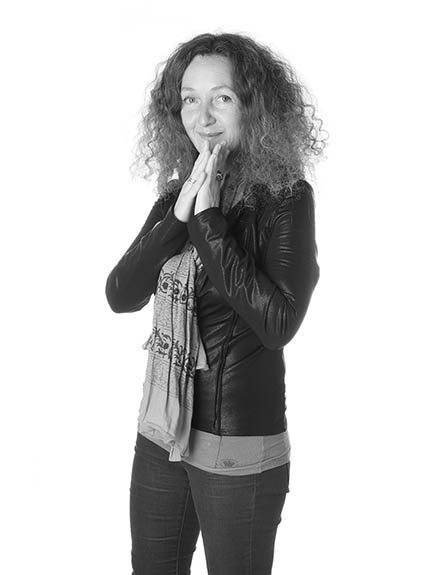| marie-hélène le ny |
|
photographist |

|
“Doing
maths leads to fascinating and stimulating careers which
enable you to exchange numerous ideas with colleagues in your
immediate environment or on the other side of the world. You
can open your mind to lots of things, and there are numerous
connections that often lead to great happiness in careers. When
I started out I was attracted by applied maths, and knowing that
what I was going to do would help to solve concrete problems.
At first I wrote a thesis in industry, at Eurocoptère.
I enjoyed it a lot, but after a while I felt the need to do more
theoretical things again. I started on another thesis which was
completely theoretical, and this experience enabled me to reconcile
pure research and applied research. Then I was recruited as a
researcher by Inria, an institute where research is undertaken
across a very broad spectrum; it can be theoretical and extend
as far as the transfer of knowledge.
I am involved with the robust control of complex dynamic system that might undergo delays, such as motors. How can we control a system when one item of information has been delayed at any particular moment? We are developing techniques for infinite-dimensional systems, and we carry out a large amount of mathematical analysis of these models. We also look at their robustness; our controllers have to be robust so that they are still able to control a model that might be a bit different from the one we had imagined, and are able to take account of all the disruptions that take place. We have other types of applications, for medicine for example. At the moment we are modelling acute myeloblastic leukaemia with a view to optimising treatments using polychemotherapy. We want to have the best result possible by combining two drugs, and also achieve the minimum resistance to these drugs.” |
||
|
Catherine Bonnet Research Director, DISCO project, Inria Saclay – Île-de-France |
|||
|
|
|
|